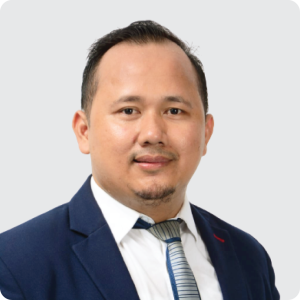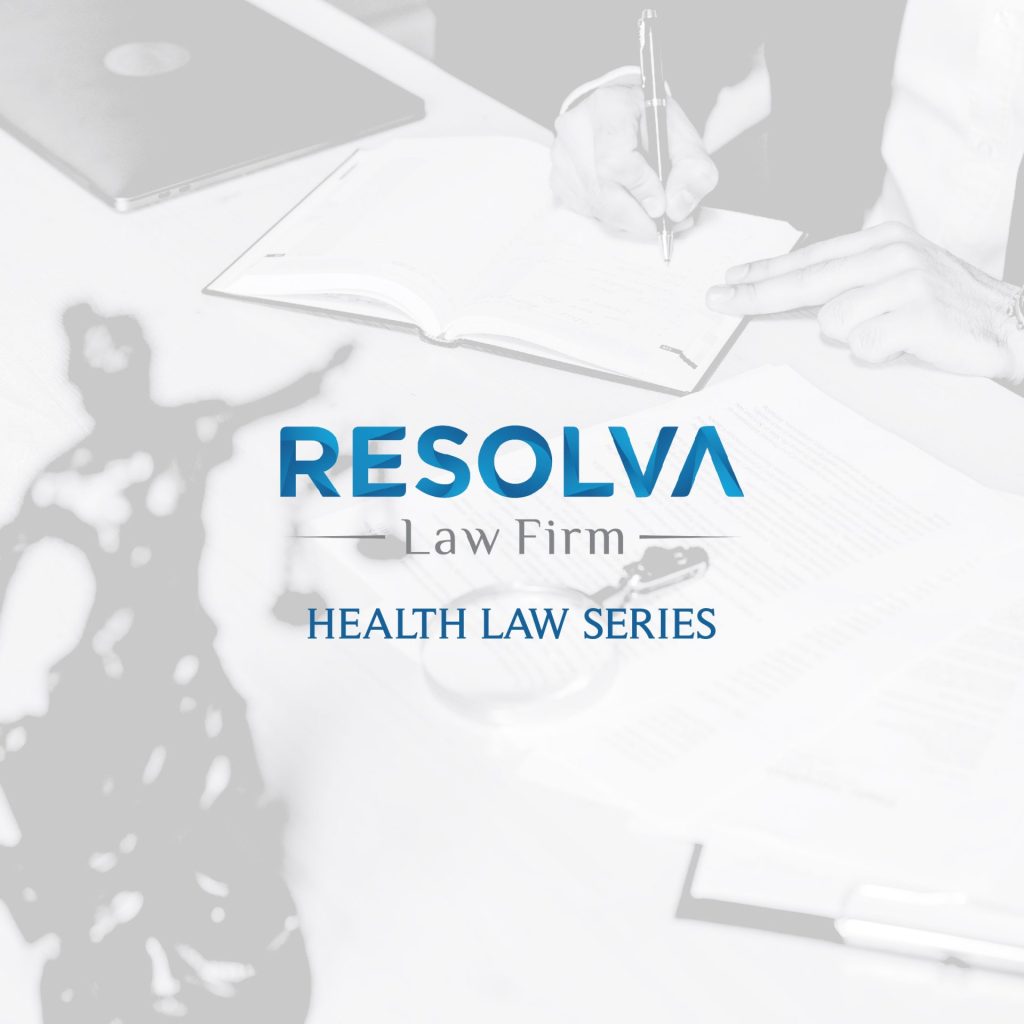Overview
In preparation for the new post-Covid-19 phase, the Government has prepared regulations to accommodate the current healthcare business sector phenomenon. On 8 August 2023, the Government adopted Law Number 17 of 2023 on Health (“Health Law“), replacing Law Number 36 of 2009 on Health and ten other laws relating to healthcare providers. The Government uses the Omnibus Law method to accelerate its creation in the health Law, so the public calls it the ‘Omnibus Health Bill.’ The Omnibus Law is a method of legislation contained in Law Number 13 of 2022 on the Second Amendment to Law Number 12 of 2021 on the Creation of Legislative Regulations.
Under the Health Law, the healthcare sector covers hospital management, human resources, medicines and medical devices, healthcare services through Telemedicine, Medical Tourism, and Healthcare Corporation Legal Acts that can be imposed with criminal penalties.
Types of Hospital
Under the previous Health Law, it is known that the types of hospitals are the Central Government Hospital/Public Hospital and the Local Government Hospital. The current Health Law added the type of Hospital organized by the Community (Community Hospital) as mentioned in Article 185 paragraph (1). Furthermore, paragraph (3) mentioned that Community Hospitals are “Hospitals established by the community must be in the form of a legal entity whose business activities only engaged in healthcare services.”
Human Resources in the Healthcare Sector
Through the Health Law, the Government is trying to capture the phenomenon in the healthcare sector related to the difficulties of Healthcare Workers in obtaining a Registration Certificate (“Certificate“) and a Practice License (“License“), which is considered to slow down the development of the healthcare business. In response, the Government provides accommodation for Medical Personnel and Healthcare Workers (“MPHW“), including:
- According to Article 260 paragraph (1) of the Health Law, the MPHW is obliged to have the Certificate, which, according to paragraph (4), the Certificate is valid for a lifetime;
- According to Article 263 paragraph (3) of the Health Law, the License is issued by the Local Government District/City. Still, paragraph (4) also stipulates that the Minister may issue such a License under certain conditions. Furthermore, paragraph (5) regulates that to issue the License, the Central Government may involve the Local Government District/City in setting the quota for each MPHW.
Therefore, the Government has provided facilities related to the issuance of the Registration Certificate and its extension, which previously had an expiration date, changed to a lifetime certificate. In addition, issuing the License no longer requires recommendations from associated professional organizations.
The Health Law also regulates the utilization of MPHW from the country and abroad. MPHW of overseas graduates (for both Indonesian and Foreign Citizens) and MPHW of domestic graduates shall register and have a Practice License to carry out medical and clinical procedures in Indonesia. As stipulated in Article 243 of the Health Law, MPHW of Indonesian Citizens from overseas graduates do not require competency evaluation if they graduated from a recognized education provider and have had a minimum of 2 (two) years of practice or have expertise in healthcare services. Furthermore, based on Article 248, MPHW of Foreign Citizens from overseas graduates who can practice in Indonesia only applies to Specialist and sub-specialist Medical Personnel and Healthcare Workers at a certain competency level if they have passed the competency evaluation. Then, Article 250 provides an exemption from the obligation to complete the competency evaluation for Specialist and sub-specialist Medical Personnel and Healthcare Workers of Foreign Citizens from overseas graduates who are graduates of recognized overseas Education providers and have practiced for at least 5 (five) years abroad. Under Article 244, MPHW of Indonesian citizens from overseas graduates who have completed the competency evaluation can practice in Indonesia by requiring the Registration Certificate and Practice License under the Health Law.
Pharmaceuticals and Medical Devices
The Government regulates pharmaceuticals and medical devices by maximizing the role of local governments and communities as follows:
- The Central and Local Governments provide ease of doing business for entrepreneurs in the medical devices sector concerning fiscal and non-fiscal. Fiscal incentives such as tax deductions and the elimination of admission fees [Article 326 paragraph (4) of the Health Law];
- The Central and Local Governments provide ease in the implementation of national research downstream to increase the competitiveness of the Pharmaceutical Preparations and Medical Devices industry [Article 329 paragraph (1) of the Health Law];
- The Central and Local Governments provide support to institutions and/or communities investing in research on pharmaceuticals and medical devices [Article 329 paragraph (5) of the Health Law]
Healthcare Services through Telemedicine
The Government regulated better and more modernly by following the developments of the global healthcare sector regarding Telehealth and Telemedicine. Learning from the COVID-19 pandemic phenomenon, the Government attempted to complement the Health Law by including old regulations that previously had not been accommodated, including:
- Telehealth term, one of which includes Telemedicine as part of the clinical treatment by the MPHW [Article 25 paragraph (2) of the Health Law];
- Telehealth and Telemedicine is one of the healthcare service facilities [Article 172 paragraph (1) of the Health Law];
- Telemedicine is carried out not only between the Healthcare Service Facilities but also between the Healthcare Service Facilities and the Community [Article 172, paragraph (3) of the Health Law].
Corporate Crime
In the Health Law, Corporate Crime was added and becoming a new thing due to the adjustment of the new Indonesian Criminal Code (ICC) that had been approved earlier by the House of Representatives of the Republic of Indonesia (DPR RI), which come into effect 3 (three) years after its promulgation. The regulations regarding corporate crime in Health Law include:
-
- The corporation shall be subject to criminal liability for action committed for and/or on behalf of the corporation if the action falls within the scope of business as stated in the article of association applicable to the corporation concerned [Article 447 (3) of the Health Law];
- A corporation may be imposed with Criminal Penalties for Criminal Acts, such as:
-
- Carried out in the context of fulfilling the corporate aims and objectives;
- Accepted as corporate policy; and/or
- Used to unlawfully benefit corporations
[Article 447 paragraph (4) of the Health Law]
-
- Corporations may also be subject to additional criminal penalties, such as:
- Compensation;
- Cancellation of certain permits; and/or
- Closing all or part of business premises and/or corporate activities (Article 448 of the Health Law).
Healthcare to Support the Tourism Business Development
In addition to introducing something new in the healthcare sector, the new Health Law also accommodates the latest trend of tourism business in some countries through medical tourism. It provides a good business opportunity between healthcare and tourism as a form of business elaboration by developing modern medicine and traditional medicine, which will continue to grow from adequate MPHW and medical devices, which can be competitive in technology and information. On the other hand, tourism continues to strive to preserve existing tourism or discover new tourism objects and increase the promotion of our tourism objects so that foreign tourists do not only come to seek treatment but also to get a good tourism experience in Indonesia.
The Health Law is a strategic step taken by the Government to accelerate the development of the healthcare sector and open up comfortable investment opportunities for investors in the healthcare sector, such as medical devices, pharmacies, healthcare facilities, and medical tourism.
Contact Us :

Pebri Kurniawan |
|

Dimas Satrio Budi Utomo |

Sellina Nanda Triwardani |
